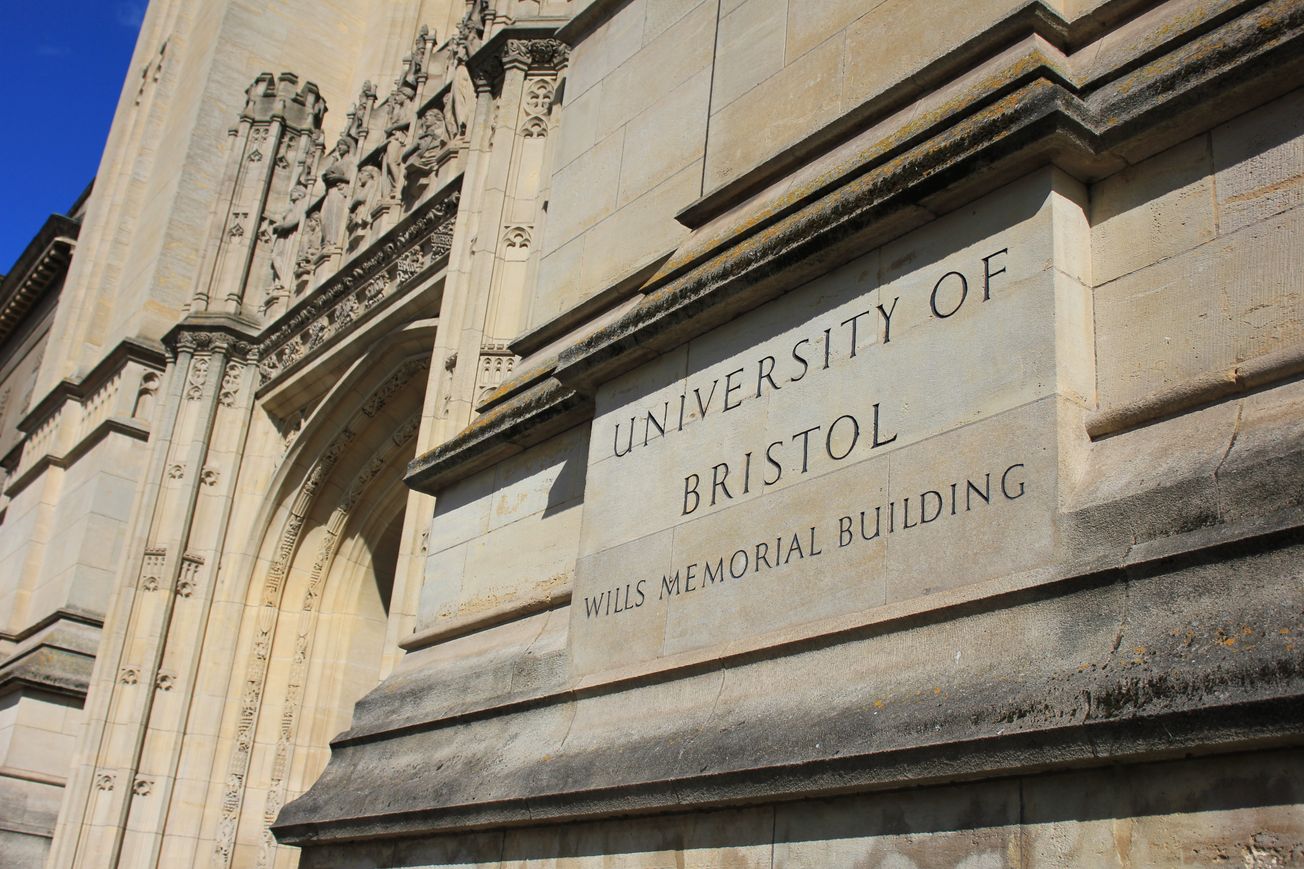By Isaac Haigh, Investigations Correspondent
The University of Bristol is to receive support from a new programme called ‘Mentally Healthy Universities’, delivered by mental health charity Mind and funded by Goldman Sachs.
The scheme will be delivered to 6,000 students across ten universities in the next two years. Students will receive training focusing on developing skills and resilience to address transitional moments in students’ lives that can bring added challenges and pressures. Final year students will receive ‘workplace wellbeing workshops’ and ‘resilience training’.
According to the Higher Education Statistics Agency, the number of students who disclosed a mental health condition almost doubled between 2012 and 2015 to nearly 45,000. However, national figures suggest that mental health difficulties within higher education are currently underreported as just one in 125 students and around one in 500 staff have disclosed a mental health condition to their university.
Paul Farmer, Chief Executive of Mind, said they are ‘really excited’ to be working with Goldman Sachs. ’We know that both students and staff face many pressures unique to the university environment. This timely opportunity allows us to deliver a programme that responds to the needs of university communities, building on good practice within the sector, to ensure everyone with a mental health problem receives support and respect.’
Am pleased that @MindCharity supported by @GoldmanSachs are launching a two year programme to improve the mental health and wellbeing of university students and staff called #mentallyhealthyuniversities in 10 universities with 10 local Minds. pic.twitter.com/239ECgGTzN
— Paul Farmer (@paulfarmermind) September 10, 2019
This comes after a recent Freedom of Information (FOI) submitted by Sir Norman Lamb revealed the average University of Bristol counselling waiting time is 52 days, over three times above the national average of 15 days. The University-wide, anonymous wellbeing survey completed by 5,700 students in 2018 revealed that one in three Bristol students have experienced a diagnosed mental health problem. It also found that 80 percent of students had visited a doctor since starting their degrees and that poor mental health was more prevalent in marginalised groups.
Richard Gnodde, CEO of Goldman Sachs International, stated the transition into the workforce from university is ‘often a challenging and pressurised time’ for young people. ‘We believe employers have an important role to play in changing attitudes towards mental health through providing support, resources and open conversation around an often stigmatised subject. We look forward to supporting Mind and these universities in launching this critical programme.’
Goldman Sachs is a major recruiter of graduates from the University of Bristol. The programme is being funded by a significant group of Goldman Sachs partners in Europe, through the Goldman Sachs Gives programme, who have committed £1.5 million in initial funding with an intention to scale up over time.
Bristol University’s Pro Vice-Chancellor for student experience Sarah Purdy said: ‘We hope that by equipping students and staff with the tools and knowledge needed to support their mental health we’ll be helping them to have the best university experience possible, as well as giving them vital skills for after they graduate.’
Featured: Epigram / Cameron Scheijde
Is the university doing enough for mental health? Let us know your thoughts.







